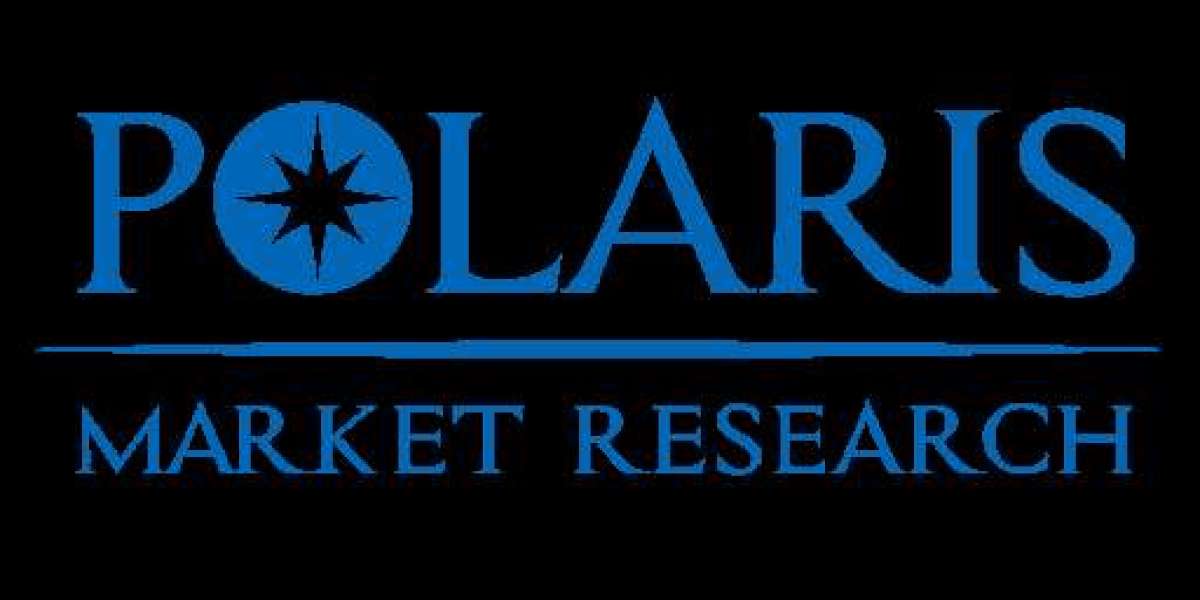The global Boiler Efficiency Optimization AI market is set for significant growth as the energy sector increasingly turns to artificial intelligence (AI) to optimize boiler operations, improve energy efficiency, and reduce operational costs. According to Market Intelo’s latest research, the global market for boiler efficiency optimization AI is projected to reach USD 2.7 billion by 2032, up from USD 1.1 billion in 2024, reflecting a compound annual growth rate (CAGR) of 11.5% during the forecast period. The integration of AI-powered technologies into boiler systems is helping industries such as manufacturing, power generation, and district heating to significantly improve boiler performance and achieve long-term energy savings.
Get Sample Report of Boiler Efficiency Optimization AI Market @ https://marketintelo.com/request-sample/44431
How Boiler Efficiency Optimization AI Enhances Performance
Boilers are critical components in many industrial and commercial applications, where they are used to generate steam and hot water for heating, power generation, and various industrial processes. However, ensuring optimal performance while minimizing energy consumption can be challenging, especially as boilers operate under varying conditions. AI technologies are transforming this process by utilizing real-time data, machine learning algorithms, and predictive analytics to monitor and optimize boiler performance continuously.
By analyzing data from sensors embedded in the boiler system, AI-driven solutions can automatically adjust parameters such as fuel usage, air-to-fuel ratio, and combustion efficiency. This ensures that the boiler operates at its peak efficiency, reducing waste, preventing downtime, and extending the lifespan of equipment. AI systems also predict potential maintenance issues before they arise, enabling operators to perform proactive repairs and avoid costly breakdowns.
Get Sample Report of Boiler Efficiency Optimization AI Market @ https://marketintelo.com/request-sample/44431
Demand for Energy Efficiency Drives Market Expansion
The growing global focus on energy efficiency and conservation is a key driver behind the increasing adoption of boiler efficiency optimization AI. As industries and utilities strive to reduce energy consumption and minimize greenhouse gas emissions, there is an increasing need for advanced technologies that can optimize energy use without compromising productivity.
AI-based boiler optimization systems enable companies to enhance fuel efficiency, reduce emissions, and lower operational costs, which are essential goals in today’s energy-conscious environment. These systems allow for dynamic adjustments in real-time, improving boiler performance while responding to changing load conditions and fluctuating energy prices. As governments around the world tighten energy efficiency regulations and impose stricter environmental standards, AI technologies are becoming essential tools for industries looking to comply with regulations and achieve sustainability goals.
Get Sample Report of Boiler Efficiency Optimization AI Market @ https://marketintelo.com/request-sample/44431
Technological Innovations: Machine Learning and Predictive Analytics
The technological advancements driving the market for AI-powered boiler efficiency optimization are centered around machine learning and predictive analytics. Machine learning algorithms allow the system to learn from historical performance data and adjust optimization strategies based on real-time input, improving decision-making accuracy over time.
Predictive analytics is another key component of these AI systems. By analyzing past and current data, AI systems can forecast future performance, identify potential issues, and suggest maintenance schedules that minimize disruption. Predictive models can also determine the optimal time to perform repairs, ensuring that boilers remain fully operational and avoid unexpected breakdowns. These innovations are helping industries reduce downtime, optimize fuel consumption, and minimize operational costs.
Read Full Research Study: https://marketintelo.com/report/boiler-efficiency-optimization-ai-market
Market Segmentation: By Technology, End-User, and Region
The boiler efficiency optimization AI market can be segmented by technology, end-user, and region. By technology, the market is divided into machine learning, predictive analytics, advanced control algorithms, and others. Machine learning holds the largest share, as it is a core component of AI-powered systems that continually improve their performance based on data input.
In terms of end-users, the market is primarily driven by industries such as power generation, oil & gas, chemical processing, manufacturing, and district heating systems. These sectors rely heavily on boiler systems for heat generation and process operations, making the optimization of boiler performance a key focus. Among these, the power generation sector holds the largest market share, driven by the need for efficient energy production and stringent environmental regulations.
Regionally, North America and Europe are leading the market due to the high adoption of advanced technologies and strong regulatory support for energy efficiency. The Asia-Pacific region is expected to grow at the highest rate during the forecast period, driven by industrialization and the rising demand for energy-efficient solutions in emerging economies such as China, India, and Japan.
Key Market Drivers and Challenges
The growth of the boiler efficiency optimization AI market is driven by several key factors:
Rising Energy Costs: As energy prices continue to rise, companies are increasingly adopting AI technologies to reduce energy consumption and improve cost-efficiency.
Strict Environmental Regulations: Governments around the world are imposing stricter emissions standards, making it essential for industries to adopt technologies that optimize fuel usage and reduce waste.
Advancements in AI and IoT: The integration of AI with Internet of Things (IoT) technologies has enabled better data collection and real-time monitoring, enhancing the capabilities of boiler optimization systems.
Industrial Need for Proactive Maintenance: Predictive analytics and AI-powered diagnostics enable companies to avoid costly downtime by anticipating maintenance needs before issues arise.
However, there are also challenges to market growth, including:
High Initial Investment: The adoption of AI-based boiler optimization systems requires significant upfront investment in technology and infrastructure, which could be a barrier for small and mid-sized businesses.
Complexity of Integration: Integrating AI technologies with existing boiler systems can be complex and may require significant system upgrades, posing a challenge for industries with older equipment.
Competitive Landscape: Leading Players and Strategic Developments
The boiler efficiency optimization AI market is competitive, with a mix of established players and emerging startups providing innovative solutions. Key players in the market include Siemens AG, General Electric (GE), Honeywell International, Schneider Electric, ABB Ltd., and Bosch Thermotechnology. These companies are actively investing in AI research and development to enhance their product offerings and stay ahead of the competition.
Strategic partnerships and collaborations are common in the market, with companies teaming up with technology providers, system integrators, and energy consultants to deliver comprehensive boiler optimization solutions. Additionally, mergers and acquisitions are being used as a strategy to expand geographic reach and enhance product portfolios.
Future Outlook: Strong Market Growth Expected Through 2032
The boiler efficiency optimization AI market is expected to continue its rapid growth through 2032. As industries increasingly recognize the potential of AI to drive energy savings, reduce operational costs, and comply with environmental regulations, the adoption of AI-based boiler optimization systems will rise significantly.
The market is poised for long-term growth due to continued technological advancements, the increasing demand for energy-efficient solutions, and stronger regulatory frameworks promoting sustainability in energy-intensive industries. As AI technologies become more affordable and accessible, their adoption will likely extend beyond large enterprises to small and mid-sized businesses as well.








